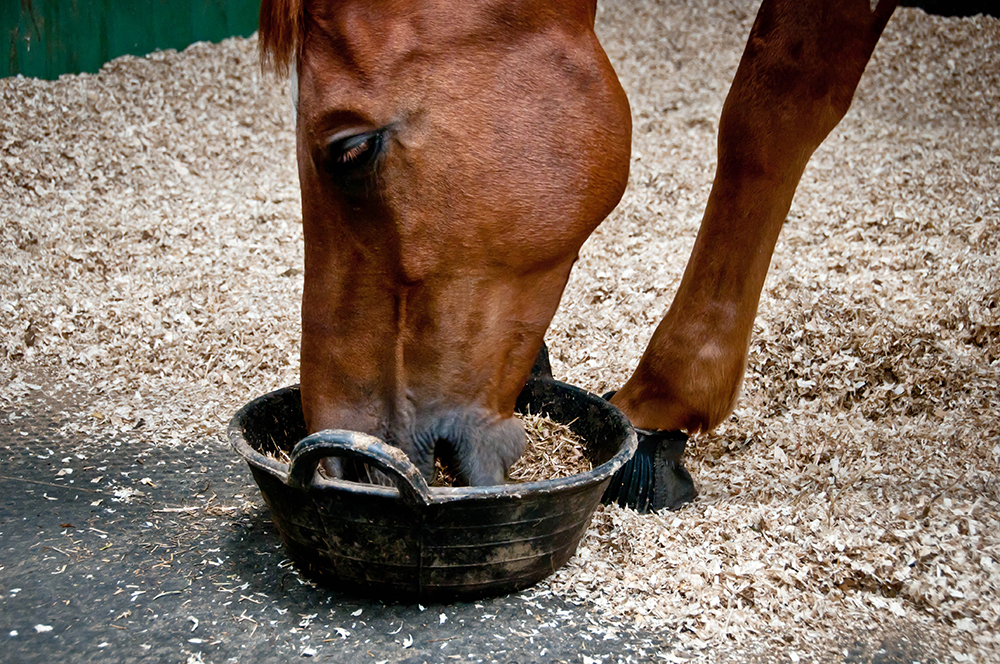For horse lovers and equestrians, understanding the art and science of feeding horses before riding is essential. This practice not only impacts the horse’s health but also their performance and your riding experience. Ensuring that you feed your horse properly before you hit the trails or the arena is about balancing nutrition, timing, and insights into your horses specific needs. In this article, we’ll dive into the key aspects of feeding and caring for your horse before riding.

The Importance of Feeding Horses Correctly
Feeding horses is a fundamental part of horse care. However, feeding them twice a day requires understanding the kind of feed being given, their daily activities, and the timing of those activities. Feeding horses before riding is an especially nuanced topic because it directly influences a horses energy levels and physical health.
What Happens When You Feed Horses Before Riding?
When a horse eats, blood is directed toward its gut to aid digestion. Yet, when a horse is ridden, blood flow shifts towards muscles. Feeding too close to riding time can cause digestive distress. Hence, it is important to monitor and manage feeding horses before riding to avoid health issues.
The Timing Aspect
Timing is crucial in horse feeding. It is generally advisable to allow one to two hours for digestion before riding. Understanding your horse’s digestive system can prevent colic and other digestive issues. While these are guidelines, each horse is unique, and some may need more time than others.
Rationing and Types of Feed
Not all types of feed are suitable right before a ride. High-fiber diets, including hay, can be beneficial. However, hay quality also plays a significant role in how well a horse processes food. Ensure the hay is free from dust and mold to avoid respiratory issues.
Concentrate Feeds
Concentrate feeds, such as grains, should be given in moderation before riding. If your horse needs additional energy, consider providing a small amount of concentrate at least an hour before the ride. Grains are heavier on the digestive system, so more time may be needed for your horse to properly process them.
Hydration: The Silent Ally
Proper hydration is as crucial as proper feeding. Ensure your horse has access to clean and fresh water at all times. Dehydration can severely impact your horses performance and overall health. Monitoring your horses water intake can help you gauge any unusual dietary needs or concerns.
Adjusting Feeding for Different Horse Breeds
Not all horses are the same. Understanding the needs of different breeds is vital when approaching feeding horses before riding. Thoroughbreds, for example, might require diets tailored to their energetic and fast metabolism compared to more placid breeds.
Performance Horses and Their Needs
High-performance horses require a specific diet to support their stamina and muscle health. Nutritionist-recommended supplements might be incorporated into their diet, as well as routine second-cut hay feeding to ensure the right balance of nutrients.
Signs of Improper Feeding
Recognizing signs of improper feeding in your horse is key to making timely changes. Look for signs such as colic, lack of energy, weight loss, and changes in behavior.
When to Consult a Vet
If you notice persistent health issues or your horse isn’t thriving on its current diet, consulting a vet specialized in equine care is recommended. They might perform a diagnosis to check for potential nutritional or health-related problems. Diagnoses may require nutritional assessments to ensure your horse’s wellbeing.
FAQ
Should I feed a horse before every ride?
It depends on the activity’s intensity and duration. Light rides might not require prior feeding. For demanding activities, providing energy through proper timing of feed is essential.
Is hay the best feed before riding?
Hay is often preferred due to its high fiber content and slow energy release, which can be beneficial in preventing digestive problems during the ride.
Can feeding too close to riding cause harm?
Yes, it can. Feeding too close to riding time might lead to stomach discomfort and digestive issues due to the blood flow being directed towards the muscles during physical activity.

Conclusion
Every equestrian should understand the significant role that feeding horses before riding plays in their horses health and performance. By considering timing, type of feed, and hydration, you can ensure your horse is ready and safe for riding. Remember, it’s not just about what you feed but how and when you feed that makes all the difference in the world.
This article contains affiliate links. We may earn a commission at no extra cost to you.
